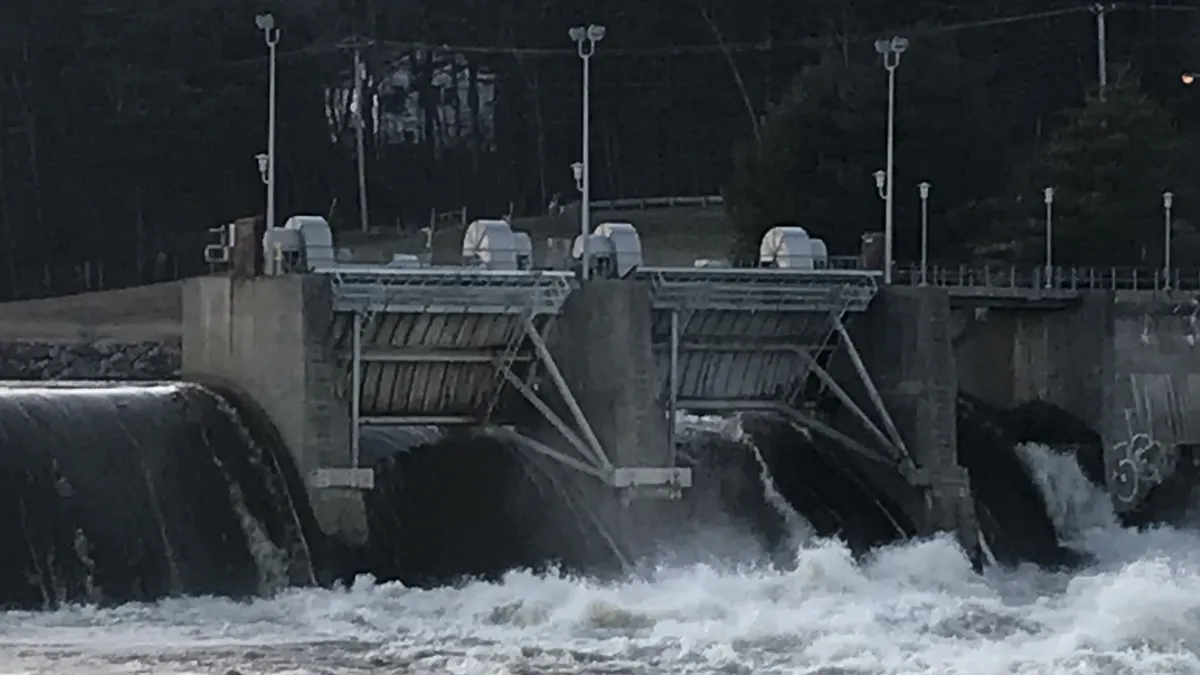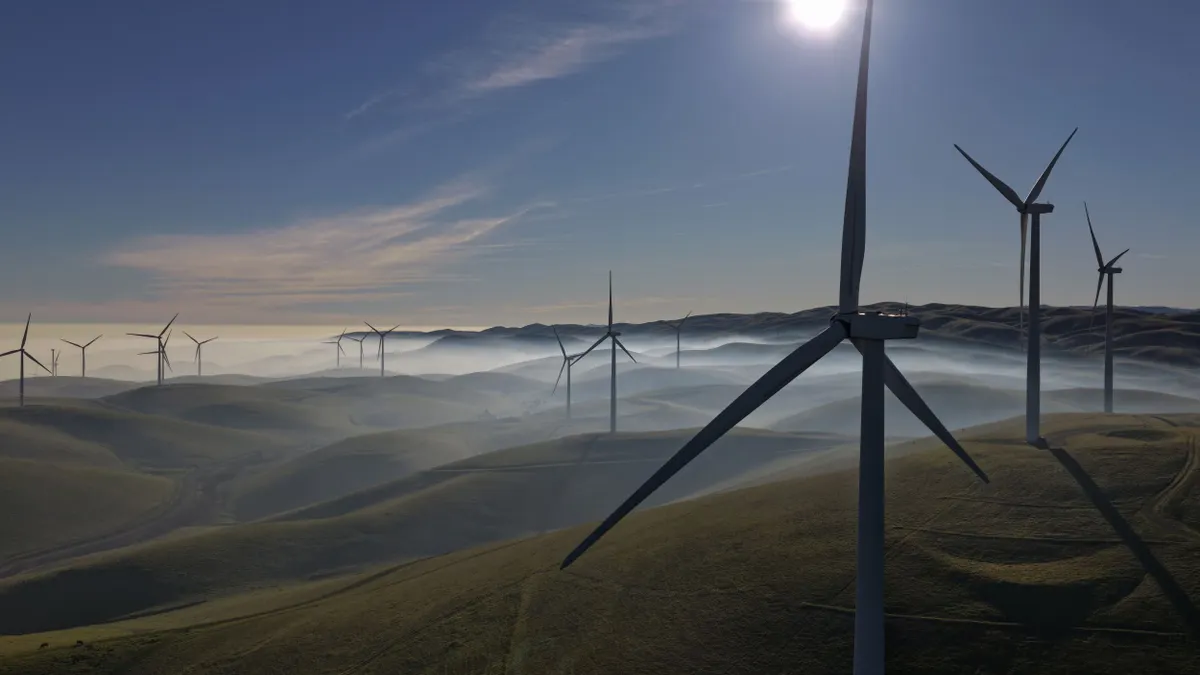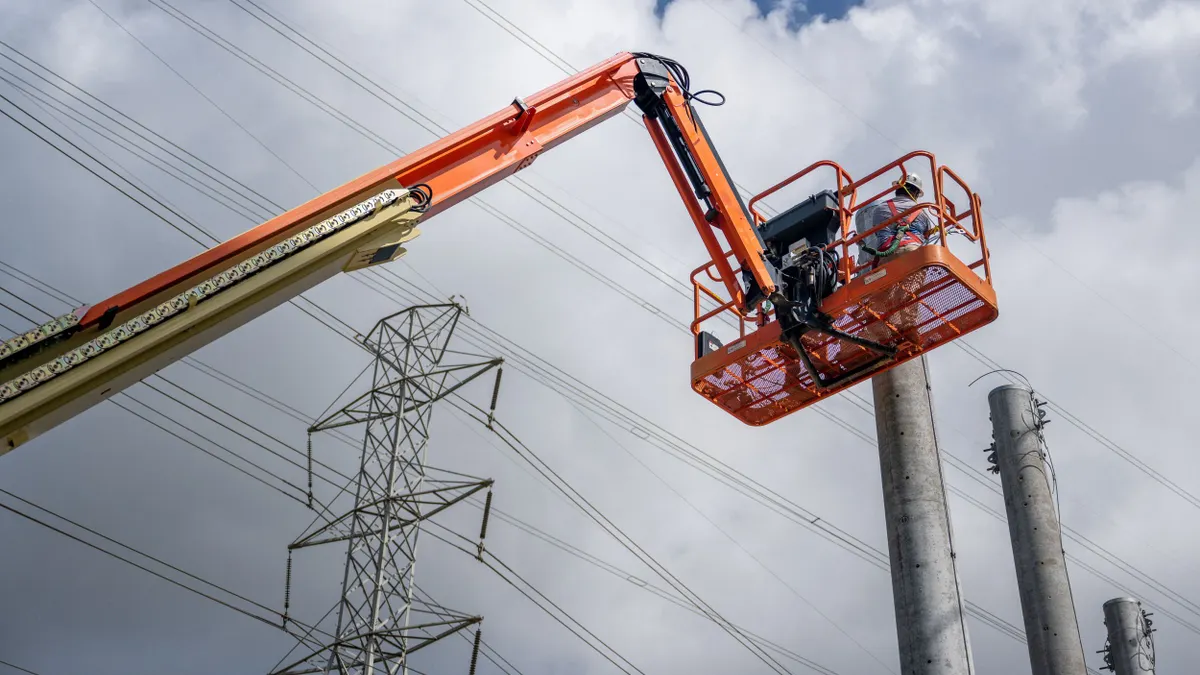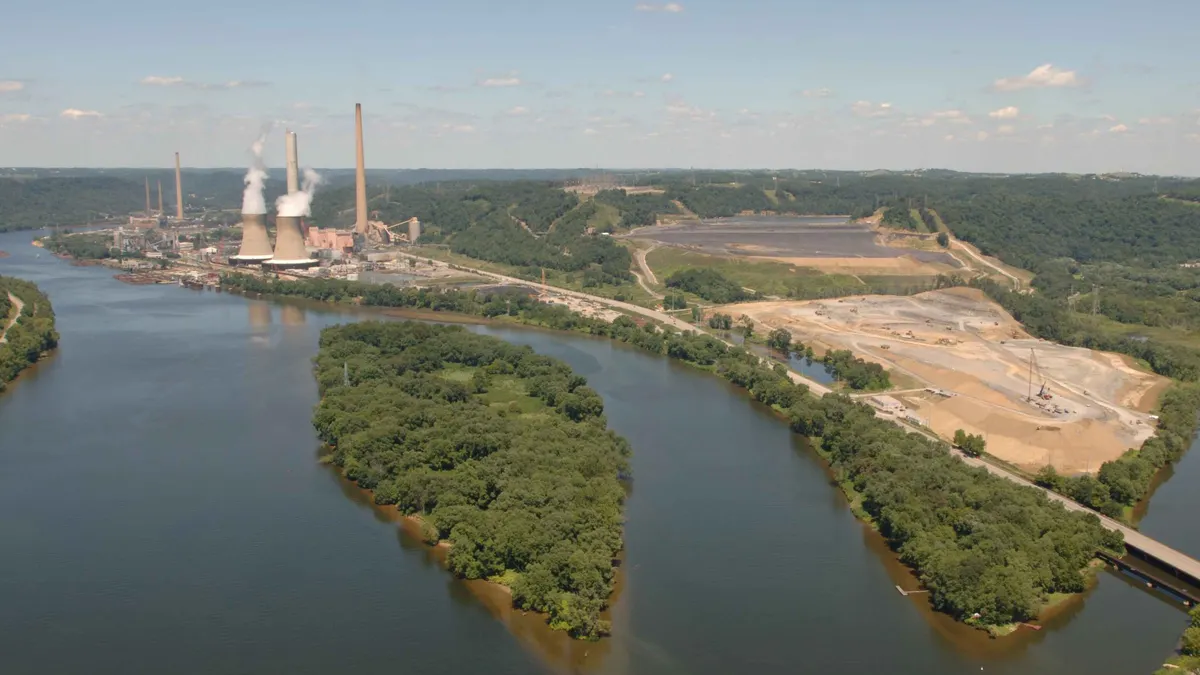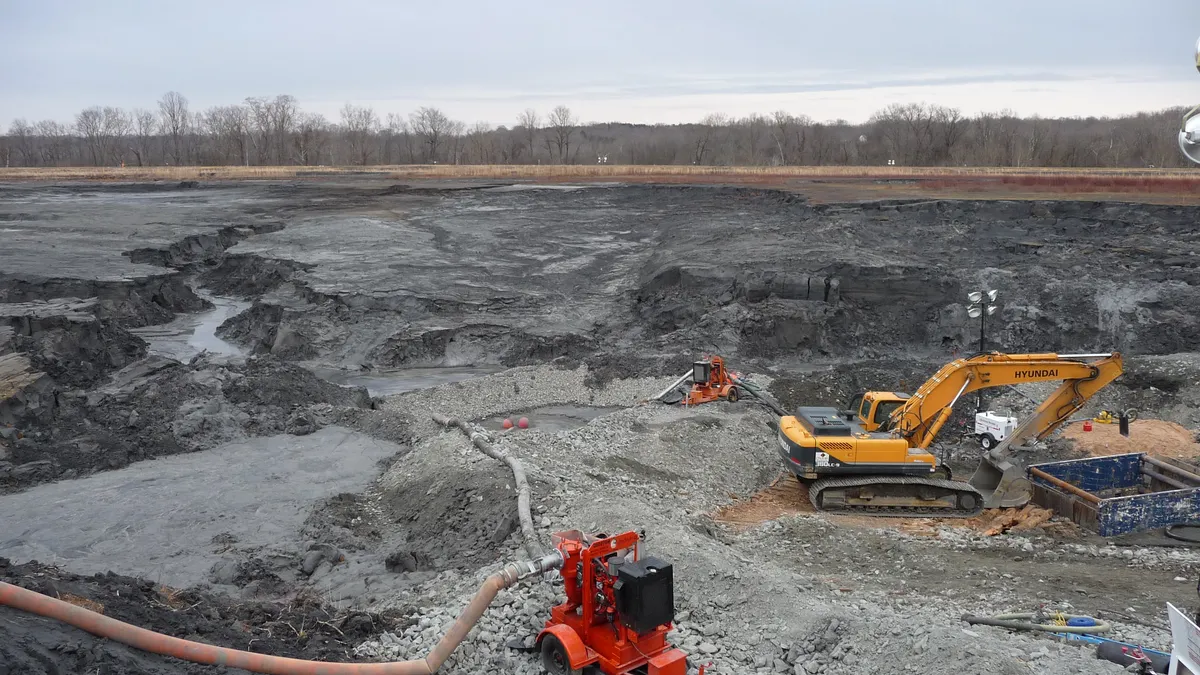Native tribes are urging the Federal Energy Regulatory Commission to reject a proposal by the U.S. Department of Energy that would end FERC’s policy of giving tribal authorities veto power over preliminary hydroelectric permits for projects on their land.
FERC adopted the policy in February 2024 when it rejected preliminary permit applications to study potential pumped hydro storage projects on Navajo land in Arizona and New Mexico that the Navajo Nation opposed. At the time, FERC said the policy was in line with similar recent decisions in which federal agencies opposed preliminary permits that would affect land they managed.
Getting a preliminary permit is the first step in FERC’s hydroelectric licensing process. The permit authorizes a project developer to study a site for up to four years before applying for a license to build a hydroelectric facility.
The DOE on Oct. 23 asked FERC to overturn its policy of rejecting preliminary permit applications when tribal authorities or federal land managers oppose them, saying the policy stifles hydroelectric development.
“The [Federal Power Act] authorizes and empowers the Commission to issue preliminary permits; it does not provide veto authority to third parties,” DOE Secretary Chris Wright said in a letter invoking the department’s little-used authority to ask FERC to conduct a rulemaking process.
The DOE directed FERC to take “final action” by Dec. 18.
The National Hydropower Association supports the DOE’s proposal, according to a Wednesday filing at FERC. Ending FERC’s policy would help advance hydroelectric development and preserve the agency’s independent expertise in making case-specific decisions on preliminary permit applications, the trade group said.
Hydroelectric project development may raise “significant concerns” among some parties, but those issues are best addressed during a license application’s consultation process, according to the NHA.
“Objections raised at the very early stage when a preliminary permit is sought necessarily rest on a dearth of information about the potential project’s design, operating parameters, and environmental effects,” the NHA said.
Tribes oppose proposal
Tribal groups, however, oppose the DOE’s proposal, saying they weren’t consulted before it was issued, as is required, and it violates their sovereign rights.
“Tribal sovereignty is an inherent recognized right that cannot be disregarded or eaten away at by FERC or DOE under a vague pretense ‘[f]or America to continue dominating global energy markets’... or for any other reason,” the Inter Tribal Association of Arizona said in a FERC filing. The group represents 21 native tribes with land in Arizona, California, Nevada, Utah and New Mexico.
Further, the DOE failed to explain why FERC’s policy should be changed, the ITAA said.
If FERC doesn’t reject the proposed rule, the agency must engage in tribal consultation before it advances, according to the ITAA.
The Navajo Nation said in a FERC filing that FERC’s denial of preliminary permit applications in February 2024 didn’t hurt hydroelectric development on Navajo Nation land.
“The 2024 Policy facilitated engagement between developers and the Navajo Nation and early project coordination — important components of project success when considering the multi-decade permitting, construction, and operation timelines for large-scale hydroelectric power projects,” the Navajo Nation said.
Other tribal groups that also oppose the DOE’s proposal include the Confederated Tribes of the Umatilla Indian Reservation, the Upper Skagit Indian Tribe, the Choctaw Nation of Oklahoma and the Chickasaw Nation, according to filings at FERC.
American Rivers also opposes the proposal. It urged FERC to extend the comment deadline by 60 days, arguing that the proposed NOPR falls outside of FERC’s normal rulemaking processes and that a 16-day comment period without prior consultation fails to provide meaningful participation in the process.
American Whitewater, a conservation group, opposed the DOE’s proposal as well, in part due to what it says is the speculative nature of many preliminary permits.
“Upholding the current policy will prevent unnecessary conflict, ensure efficient and responsible use of scarce resources, safeguard rivers held in public trust, and allow the Commission to focus on its core licensing responsibilities,” the group said.
As of Oct. 7, FERC had approved 109 active preliminary permits totaling 55.4 GW, and it was reviewing 21 preliminary permit applications totaling 12 GW, according to the agency.



